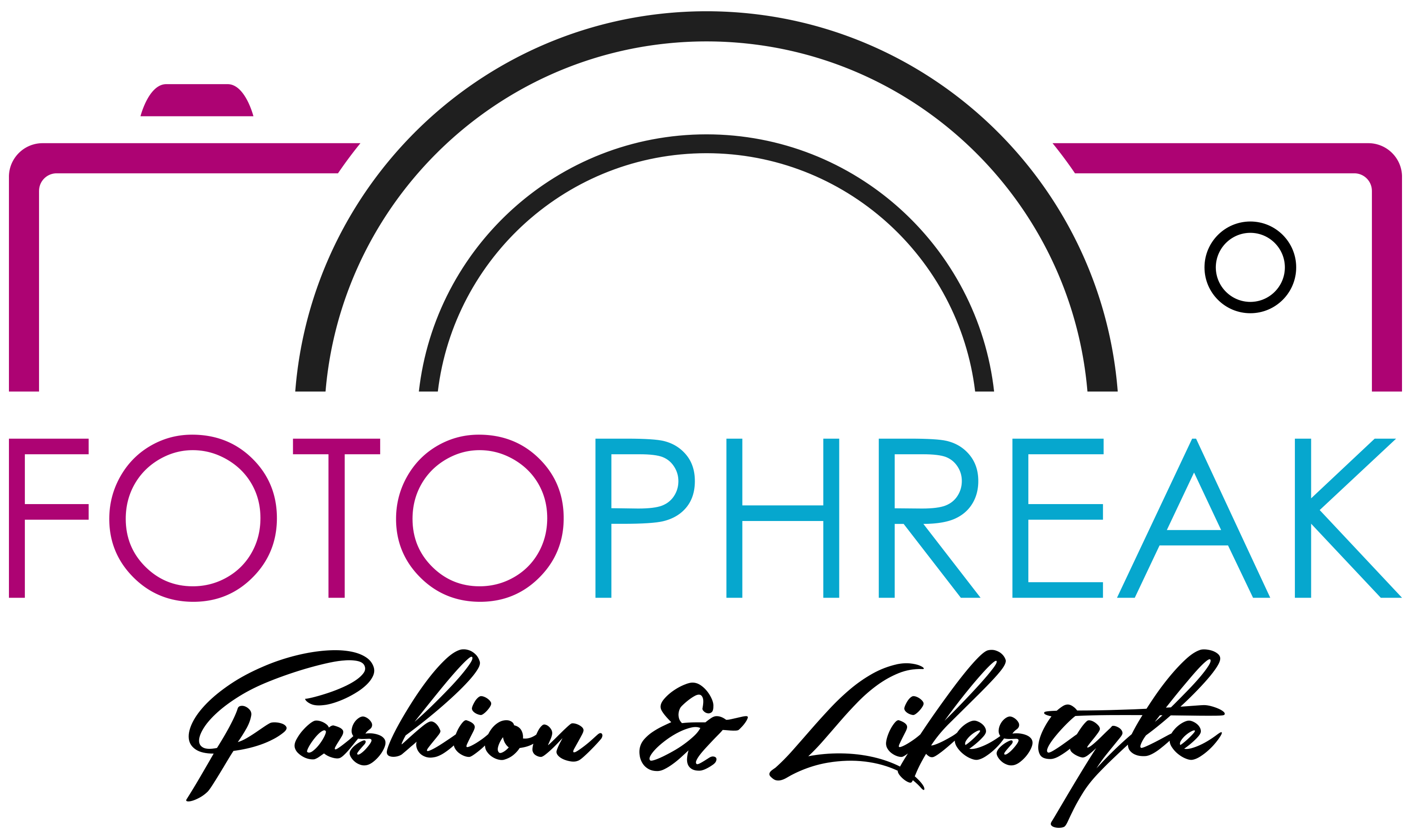Suppose I manufacture toys and a wholesaler wants to buy 1000 pieces from my firm, and also today is the last date of the current financial year. If the wholesaler pays me 1000 pieces today, I record this transaction in the current financial year. If he/she pays me tomorrow, then the transaction is accounted for in the next financial year. Given below are some of the entries that is used while recording the financial cash inflow and outflow for the business using the cash basis. It is to be noted that there is no double entry involved in it where a debit and a credit is recorded in respective books of accounts, as followed in the accrual basis. For example, Ramesh owns a small business for which he sent out an invoice on Thursday to the customer.
Cash basis accounting: What it is and how to do it
You can also lower your tax burden by pre-paying business expenses in November or December, even though you won’t use those services until the following year. As a business owner, all you have to do is track money as it moves in and out of your business bank account. You don’t have to factor in expenses you haven’t paid for yet or payments you haven’t yet received. As a business owner, you want to choose the accounting method that’s right for your business. Selecting the wrong accounting method could mean paying more taxes, complicated accounting workflows, and less useful financial statements. It might also mean needing to change your accounting method down the line, which requires applying for a change in accounting method with the IRS and potentially restating your financial statements.
Making Tax Digital Software: Choosing the Perfect Solution for Your Small Business
One common misconception is that it provides a complete picture of a business’s financial health. While it does offer a clear view of cash flow, it can sometimes obscure the true financial position of a business. This can lead to a false sense of security and potentially poor financial decision-making. When transactions are recorded on a cash basis, they affect a company’s books upon exchange of consideration; therefore, cash basis accounting is less accurate than accrual accounting in the short term. The Tax Reform Act of 1986 prohibits the cash basis accounting method from being used for C corporations, tax shelters, certain types of trusts, and partnerships that have C Corporation partners.
Revenue Reconciliation
As a result, a company’s financial statements may not accurately reflect its true financial position, making it difficult to assess its performance. Your accounting software can help you with cash flow reporting, such as generating cash flow statements. Explore the fundamentals, tax effects, and common misunderstandings of cash basis accounting for informed financial decision-making. One of the most significant advantages of cash basis accounting is its simplicity.
A guide to cash basis accounting: Definition & example
The cash basis is commonly used by individuals and small businesses (especially those with no inventory), since it involves the simplest accounting. Cash basis accounting simplifies tax preparation since only the actual amounts you pay or receive are reported on taxes. By eliminating the need for tracking accounts receivable and payable, businesses can save time preparing their taxes by not having to reconcile them with their financial statements. Cash basis accounting records revenue and expenses when payments are received or paid. Cash basis accounting is often favored by small businesses and freelancers due to its simplicity and the direct connection it provides between cash flow and accounting records. This method’s focus on cash flow makes it easy for businesses to track their actual cash position.
Income statement
- Public companies need to accurately record transactions and report on their AR and AP accounts so as not to mislead stakeholders.
- Cash basis accounting, a straightforward approach, records revenues and expenses only when cash changes hands.
- Cash basis accounting is an accounting method that records and tracks financial information by the actual flow of cash in and out of a business.
- Several misconceptions about cash basis accounting can lead to confusion or misapplication.
- To comply with GAAP standards, a business must use an accrual-basis accounting method.
No, cash basis accounting is not GAAP compliant and therefore can only be used by businesses that do not require to adhere to the GAAP accounting standards. This accounting method does not take into account AR and AP accounts and hence does not portray a company’s accurate financial position. Cash basis accounting is an accounting method used to track the incoming and outgoing cashflow of a business, emphasizing cash-on-hand. The Internal Revenue Code offers guidelines for how businesses using cash basis accounting must recognize income. For instance, IRC Section 451 mandates that income is recognized when it is actually or constructively received. Businesses must maintain accurate records of cash transactions to substantiate the timing of income and expense recognition.
Cash basis accounting is an accounting method that records revenues and expenses when people receive or pay cash instead of when they incur them. This really goes back to the advantages and disadvantages of cash basis accounting. A small business or sole proprietor generally won’t go through the hassle of keeping accrual accounting books when that can be more expensive if they don’t have shareholders. IRC Section 162 permits the deduction of ordinary and necessary business expenses, but the timing depends on when payment is made.
Explore the fundamentals, key differences, tax implications, and industry applications of cash basis accounting in this comprehensive guide. Because you only record the money going in and out of your business account, you have more control over your tax liability. If you send an invoice of $2,000 to a client in November and they pay you in January of next year, you won’t pay tax for that transaction until the following year. It’s simpler and easier than accrual accounting, especially for small businesses without inventory. Cash basis accounting is usually a good fit for small businesses that don’t carry a lot of inventory because it’s simple and easy to use without a lot of accounting knowledge. Let’s consider how this would work for a construction company that is hired for building work cash basis of accounting definition that will take roughly four months to complete.
- One of the most significant advantages of cash basis accounting is its simplicity.
- A cash basis of accounting is one of the two accounting methods that records income and expenses only when the cash is received.
- Learn how to set up a small business accounting systems with this step-by-step guide.
For instance, service-based businesses such as consulting firms, freelancers, and small law practices often find cash basis accounting more suitable. These businesses typically have straightforward transactions and benefit from the simplicity of recording income when it is received and expenses when they are paid. This method allows them to maintain a clear and immediate understanding of their cash flow, which is crucial for managing day-to-day operations. Accrual accounting records income or expenses as soon as they are incurred, regardless of when payment is made or received, and this can provide a more accurate picture of the company’s financial health.




















